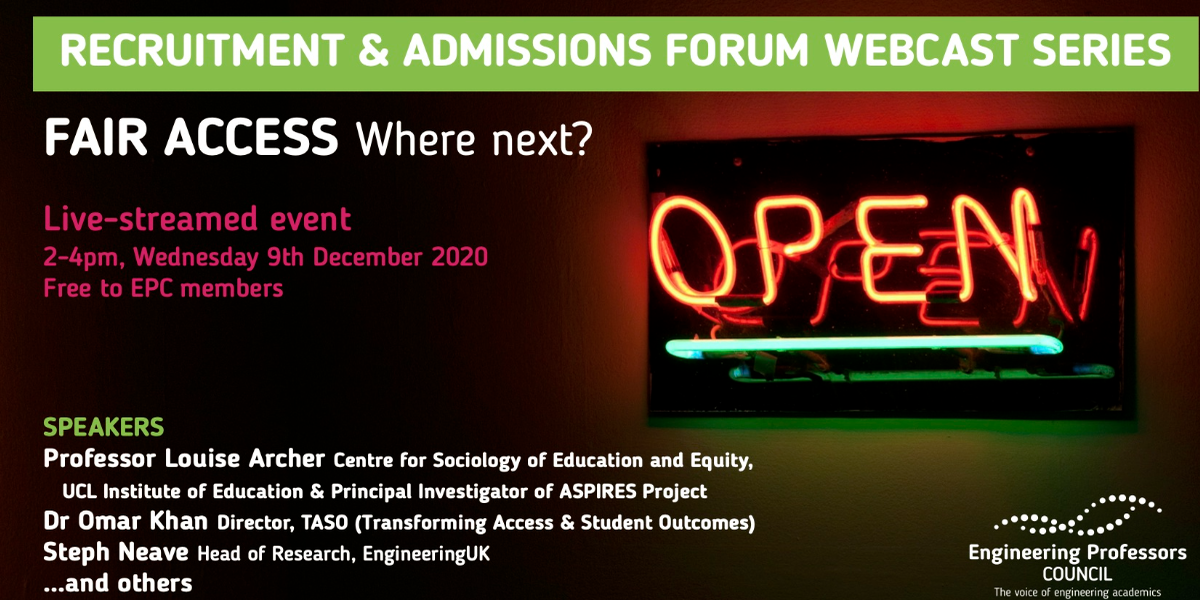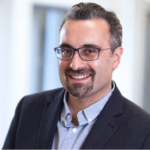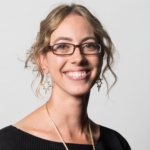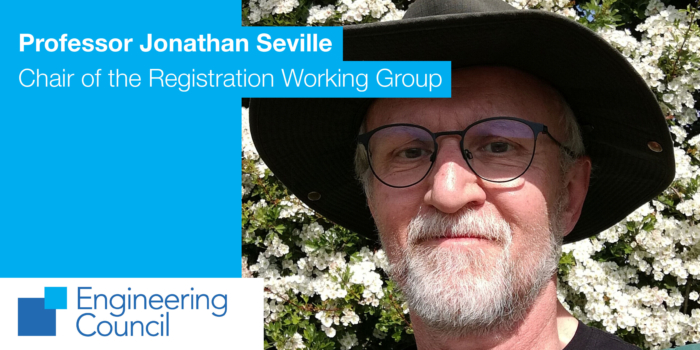The Annual EPC Recruitment and Admissions Forum will be hosted online for 2020 as a series of linked events over four successive Wednesday afternoons. This week, the final webcast in our Recruitment and Admissions Forum series 2020: Fair access: where now? took place on Wednesday 9th December 2020.

Recruitment and Admissions Forum (2020 series): Fair access: where now?
Online eventFair access: where now?
We were pleased to welcome the following speakers:
- Prof Louise Archer, ASPIRES project, IoE
- Dr Omar Khan, Director, Centre for Transforming Access and Student Outcomes in Higher Education (TASO)
- Dr Steph Neave, Head of Research, EngineeringUK
- Johnny Rich, Chief Executive, EPC (Chair)
The Forum is aimed at all staff involved in recruitment and admissions in any engineering discipline – from early career staff through lecturers and researchers to department heads, deans of faculties, PVCs and VCs – anyone with an interest in recruitment and admissions who wishes to stay on top of the unprecedented recruitment and admissions climate and develop their practice.
To view the event proceedings from the other webinars in the Recruitment and Admissions 2020 series, please click the links below:

As well as his Chief Executive role with the EPC, Johnny Rich is well known across the higher education sector as a high-profile commentator on policy issues as well as the chief executive of student advice and outreach organisation Push, as a consultant working in education and careers, and as an author. Before joining the EPC, Johnny has already worked on many issues of concern to our members. Over the past 25 years, he led Push’s research – such as on drop-out rates and student debt – which has had direct impacts on policy. Johnny’s thought leadership, such as his papers for a graduate levy and a national access fund (2018) and on employability (2015) for the Higher Education Policy Institute, have been influential throughout the sector. Policy issues are also a significant part of his consultancy work, along with communications. His clients have included the European Commission, HEFCE, U-Multirank, as well as many universities, recruiters and charities. He’s a regular speaker at conferences, awards and in schools. In 2013, his novel A Human Script was published.

Dr Omar Khan is Director of the Centre for Transforming Access and Students Outcomes in Higher Education (TASO). Omar joined TASO from race equality think tank the Runnymede Trust, where he had been Director since 2014. Prior to this, Omar was Head of Policy at the Runnymede Trust and led its financial inclusion programme.
Omar holds several advisory positions, including chair of Olmec, chair of the Ethnicity Strand Advisory Group to Understanding Society, chair of the advisory group of the Centre on Dynamics of Ethnicity at the University of Manchester, Commissioner on the Financial Inclusion Commission and a member of the 2021 REF and 2014 REF assessment. Omar was previously a Governor at the University of East London and a 2012 Clore Social Leadership Fellow.
Omar holds several advisory positions, including chair of Olmec, chair of the Ethnicity Strand Advisory Group to Understanding Society, chair of the advisory group of the Centre on Dynamics of Ethnicity at the University of Manchester, Commissioner on the Financial Inclusion Commission and a member of the 2021 REF and 2014 REF assessment. Omar was previously a Governor at the University of East London and a 2012 Clore Social Leadership Fellow.

Louise Archer is the Karl Mannheim Professor of Sociology of Education at UCL Institute of Education. Her research focuses on educational identities and inequalities, particularly in relation to gender, ethnicity and social class. She directs a number of large funded research studies focusing on understanding and addressing injustices in young people's engagement with science/ STEM in both school and out-of-school settings, including the ASPIRES, Youth Equity + STEM, Primary Science Capital: A whole school approach and Making Spaces projects.
Stephanie Neave is the Head of Research at EngineeringUK, where she is responsible for developing and delivering the organisation’s research programme, including its State of Engineering reports; the Engineering Brand Monitor, a national survey of young people, teachers and parents on their attitudes toward engineering; and research initiatives to support the STEM community to improve educational outreach. Prior to EngineeringUK, she led research in various education policy organisations on behalf of bodies such as the European Commission, the Home Office, and HEFCE on topics ranging from the diversity of the scientific workforce to the BME degree attainment gap.
This content is for registered users only. Please login.



